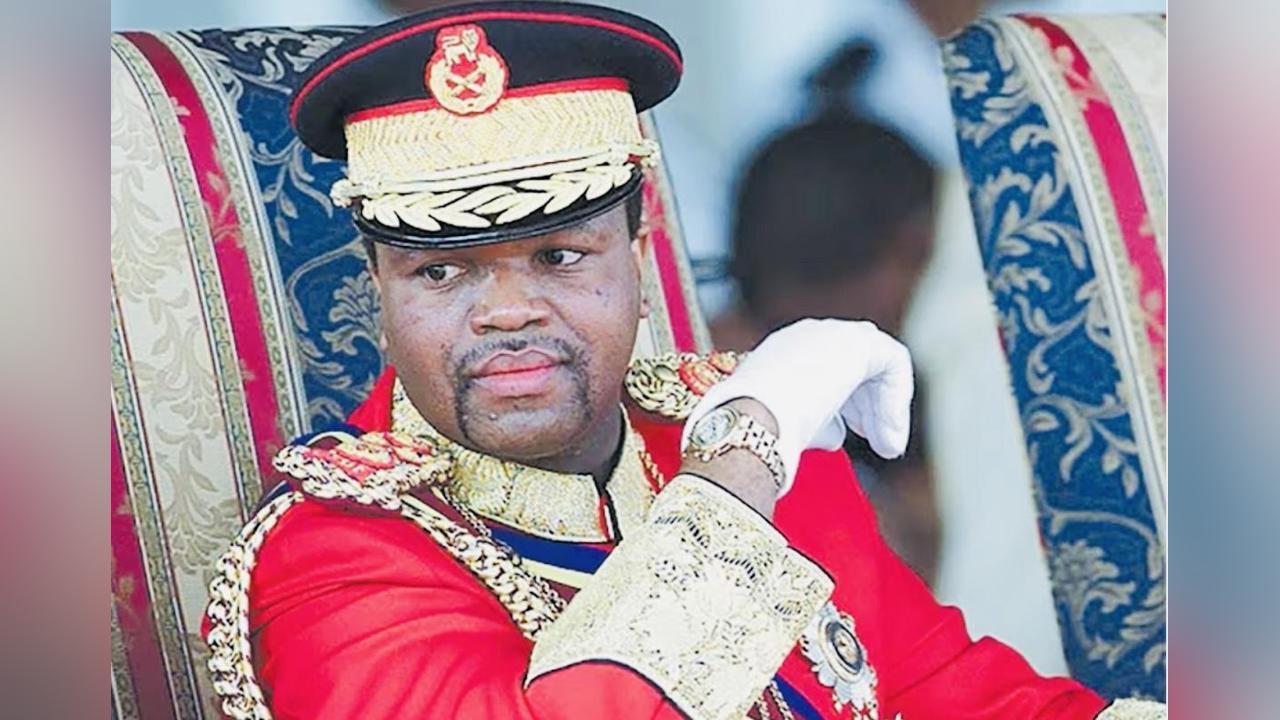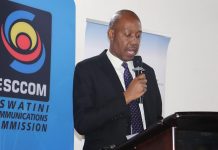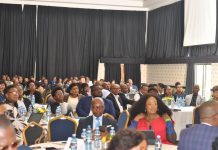By Zweli Martin Dlamini
Africa-Press – Eswatini. It is important to clarify and correct the misleading article published, portraying King Mswati as a Constitutional Monarch under what the regime describes as the Tinkhundla democratic system.
The article was written by Mfankhona Nkambule, one of the long-serving and documented State spies planted in the media to confuse emaSwati and pollute the public opinion.
Now here are facts; King Mswati appoints the Prime Minister from his ruling Dlamini royal family and constitutionally, he acts on the advice of his Liqoqo King’s Advisory Council.
In the constitutional context, Liqoqo is structured as a traditional Council established to provide advice to Mswati in his capacity as “Ingwenyama” not King but ironically, this traditional Council ‘provides’ advice to the Monarch on the appointment of a Prime Minister whose roles and responsibilities have nothing to do with issues of Eswatini Law and Custom.
But members of the King’s Liqoqo Advisory Council are appointed by the King without any recommendation either from Parliament or an ‘independent’ body and this means, Mswati appoints the Prime Minister after receiving advise from himself as an absolute Monarch.
Constitutionally, Cabinet Ministers are appointed by the King acting on advice from the Prime Minister who is appointed by the King, again the King appoints Ministers after receiving advice from himself and his word is final.
In terms of the Constitution, Judges are appointed by the King acting on recommendation from the Judicial Service Commission(JSC), members of the JSC are appointed by the King without any fair and transparent Parliamentary screening or interviews and therefore, the King receives advise from himself before appointing Judges.
Principal Secretaries are appointed by the King acting on recommendations from the Civil Service Commission(CSC) whose members are also appointed by the King and this means, the King appoints Controlling Officers of the various Government Ministries after receiving advice from himself as an absolute Monarch.
Now, when it comes to the appointment of Chiefs whose roles and responsibilities remain fundamental in the structure of the Monarchy as a traditional institution, the King confirms Chiefs after a lengthy traditional process seeking to identify the rightful candidate.
The process starts within the Royal Kraal where mostly, a Council known as “Libandla le-BantfwabeNkhosi” and other family members hold meetings to discuss who must be the next Chief.
The long standing principle suggests that, Inkhosikati(one of the late Chief’s wives) who is closer or related to the royal family is normally chosen and this process seeks to confirm one general question; “ngubani lodla umuti ngoba uMntfwaneNkhosi akadleli phansi?”.
But the King can just appoint a Chief by exercising his “kuphakela” traditional powers, this is normally done to strengthen the institution of the Monarchy by appointing a Chief from the most senior royal house(Indlu ye-Lisokanchanti).
When a Chief dies, the King’s Ludzidzini Council is vigorously involved in screening candidates presented by the various Royal Kraals, this is meant to ensure that the Inkhosikati(mother to the candidate) or the candidate himself, is closely related or a member of the royal family.
So the King appoints Chiefs after receiving advice from his Royal Councils meaning he appoints traditional leaders after receiving advice from himself as an absolute Monarch.
The King also appoints Regional Administrators(RAs), a majority of Parliament Senators, members of the Elections and Boundaries Commission(EBC), the Border Restoration Committee, Ambassadors and all members of the various Governing Councils.
In light of the aforementioned, it is important to warn emaSwati to be careful of State spies, they were planted in the media to push an agenda, confusing the people so that they cannot understand the dictatorship in this country and embrace oppression.
For More News And Analysis About Eswatini Follow Africa-Press







